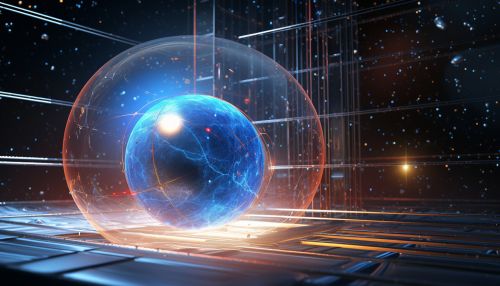Ettore Majorana
Early Life and Education
Ettore Majorana was born in Catania, Sicily, on August 5, 1906. He was the fifth of eight children in his family. His father, Salvatore Majorana, was a government official and his mother, Dorina Corso, was a school teacher. Majorana showed an early aptitude for mathematics and physics, and his family encouraged his academic pursuits.


He attended the University of Rome La Sapienza, where he studied engineering before switching to physics. He was particularly influenced by his professor, Enrico Fermi, who recognized Majorana's exceptional talent. Majorana graduated with a degree in physics in 1929.
Career and Contributions to Physics
In 1932, Majorana was appointed a professor of theoretical physics at the University of Rome. His work during this period was primarily focused on the theory of quantum mechanics, a branch of physics that deals with phenomena on a very small scale, such as atoms and subatomic particles.
Majorana is best known for his work on neutrinos. In 1937, he proposed that neutrinos could be their own antiparticle, a concept now known as the Majorana fermion. This was a significant contribution to the field of particle physics and has implications for our understanding of the universe.


In addition to his work on neutrinos, Majorana made significant contributions to the theory of atomic spectra, the theory of non-linear spin systems, and the theory of the symmetric top in quantum mechanics.
Disappearance and Legacy
In March 1938, Majorana disappeared under mysterious circumstances. He withdrew all of his money from his bank account and boarded a ship from Palermo to Naples, but he was never seen again. His disappearance has been the subject of much speculation and many theories, but the truth remains unknown.
Despite his short career, Majorana's contributions to physics have had a lasting impact. His work on neutrinos and other areas of quantum mechanics continues to be relevant in contemporary research. In 2006, on the centenary of his birth, the Italian Physical Society established the Ettore Majorana Foundation to promote and disseminate scientific culture.
